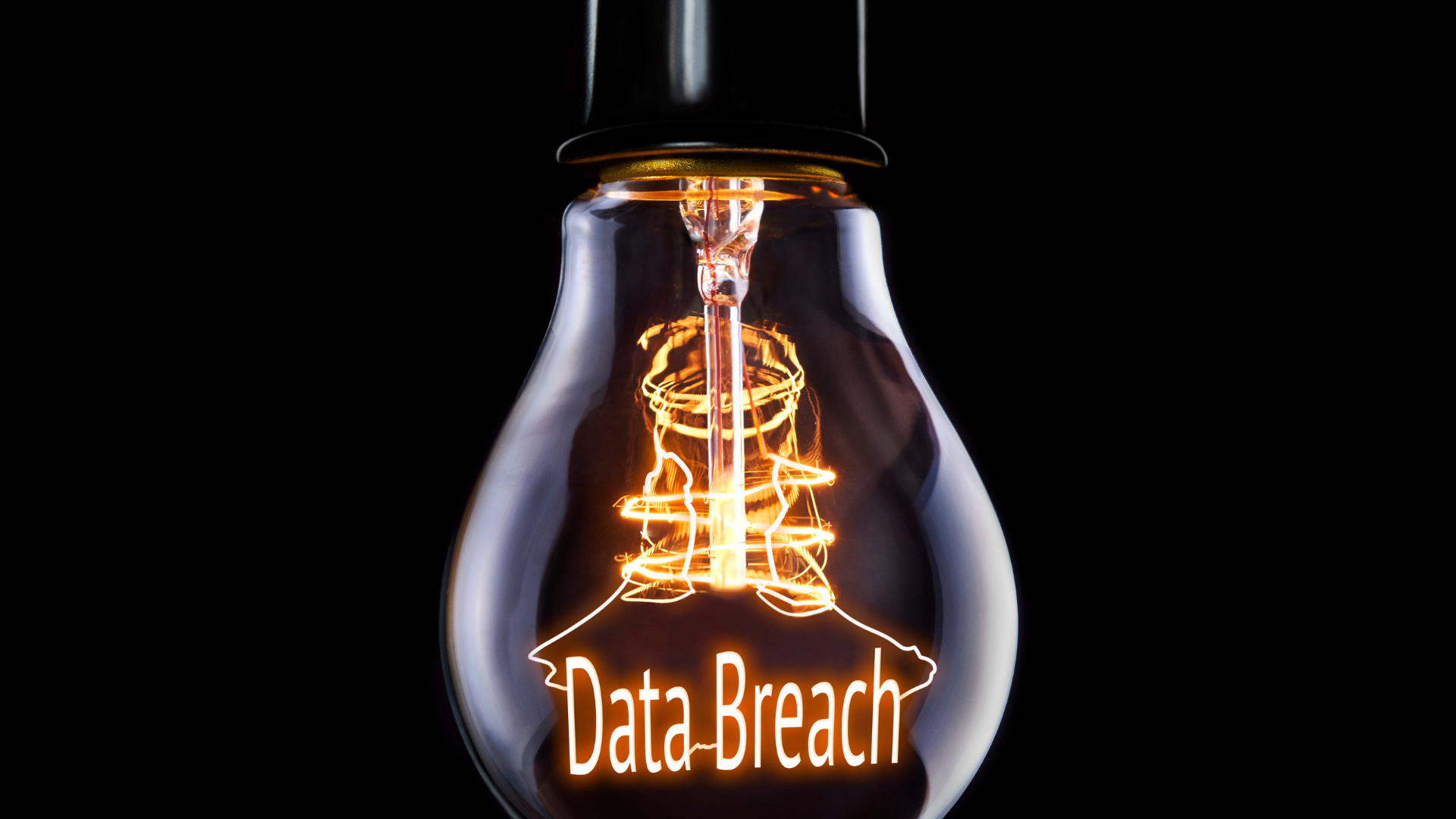
In today’s digital age, data breaches can have devastating consequences for businesses of all sizes. Not only can they damage your reputation, but they can also lead to financial complications. That’s why it’s crucial to implement data protection strategies that will keep your sensitive information safe.
What is data protection?
Data protection refers to the measures and practices put in place to safeguard sensitive information from unauthorised access, use, or disclosure. It involves protecting data from loss, theft, or corruption and ensuring its availability, integrity, and confidentiality. In today’s digital age, where data is a valuable asset, data protection is crucial for businesses in order to maintain trust, protect their reputation, and comply with legal and regulatory requirements.
What are the key elements of a data protection policy?
Data protection encompasses various aspects, including both technical and organisational measures. It involves implementing robust security mechanisms, such as multi-factor authentication (MFA), strong password policies, antivirus software, and firewalls, to prevent unauthorised access and protect against malware and cyber threats.
Data Classification: The first step in creating a data protection policy is to classify the data based on its sensitivity and importance. This helps in identifying the level of security required for each category of data and enables businesses to allocate resources accordingly.
Access Controls: Implementing strong access controls is vital to protect data from unauthorised access. This involves restricting access to sensitive data only to authorised personnel. Role-based access controls (RBAC) can be employed to ensure that employees have access only to the data necessary for their job roles.
Encryption: To safeguard data from being intercepted or accessed by unauthorised individuals, encryption is essential. Encryption converts data into an unreadable format, which can only be accessed with the appropriate decryption key. Encrypting data both in transit and at rest provides an additional layer of protection.
Data Retention and Disposal: A data protection policy should clearly define the retention periods for different types of data. This ensures that data is not retained longer than necessary, reducing the risk of it being compromised. Additionally, proper procedures for data disposal should be outlined to ensure that data is securely destroyed when no longer needed.
Employee Training and Awareness: Employees play a crucial role in data protection. They need to be educated about the importance of data protection and trained on best practices for handling sensitive data. Regular training sessions and awareness programs can help employees understand their responsibilities and reduce the risk of human error leading to data breaches.
Why is it important to protect your data?
Data protection is essential for businesses of all sizes and industries. Here are some key reasons why protecting your data should be a top priority:
Reputation and customer trust: A data breach can severely damage your company’s reputation. Customers trust businesses to keep their personal and financial information secure. A breach can lead to a loss of customer trust, which can be difficult to regain. By prioritising data protection, you can establish your business as a trustworthy and reliable entity.
Legal and regulatory compliance: Data protection regulations, such as the General Data Protection Regulation (GDPR) require businesses to implement appropriate security measures to protect customer data. Failure to comply with these regulations can result in hefty fines and legal consequences. By safeguarding your data, you ensure compliance with these regulations and avoid potential financial complications.
Financial implications: Data breaches can have significant financial implications for businesses. The costs associated with investigating and mitigating the breach, notifying affected individuals, and potential legal actions can be substantial. Additionally, the loss of intellectual property or trade secrets can result in financial losses and competitive disadvantages.
What are the consequences of not complying with data protection regulations?
With the increasing number of data breaches and cyber attacks, it is crucial for companies to comply with data protection regulations. Failure to do so can have severe consequences, both financially and for your business reputation.
One of the most significant consequences of non-compliance is the potential for a data breach. When sensitive customer data is compromised, it can lead to identity theft, fraud, and financial loss for your customers. This not only damages their trust in your business but can also result in legal action and hefty fines. In fact, under the General Data Protection Regulation (GDPR), companies can be fined up to €20 million or 4% of their global annual turnover, whichever is higher, for serious violations.
The reputation of your business is at stake when data protection regulations are not followed. In today’s interconnected world, news of a data breach spreads like wildfire. Customers are increasingly concerned about the security of their personal information, and a data breach can lead to a loss of trust and loyalty. It takes years to build a good reputation, but just one data breach can tarnish it irreparably.
Financially, non-compliance can be a significant burden on your business. Apart from the potential fines, dealing with the aftermath of a data breach can be costly. This includes the cost of investigating the breach, notifying affected customers, and implementing measures to prevent future breaches. Additionally, customers may choose to take their business elsewhere if they feel their data is not adequately protected, resulting in lost revenue and potential long-term damage to your bottom line.
How can I ensure data security?
In today’s digital age, data security has become a paramount concern for businesses of all sizes. With the ever-increasing threat of cyber attacks and data breaches, it is crucial for companies to prioritise protecting their data.
First and foremost, implementing Multi-Factor Authentication (MFA) is vital in safeguarding your data. MFA adds an extra layer of security by requiring users to provide multiple credentials to access sensitive information. This can include a password, a fingerprint scan, or a one-time passcode sent to a mobile device. By employing MFA, you significantly reduce the risk of unauthorised access to your data.
Another crucial aspect of data security is maintaining strong password practices. Weak, easily guessable passwords are the equivalent of leaving the front door of your business wide open. It is essential to enforce password complexity requirements, such as a combination of uppercase and lowercase letters, numbers, and special characters. Regular password changes and avoiding the reuse of passwords across multiple accounts are also essential in preventing unauthorised access.
Investing in reliable anti-virus software is another fundamental measure to protect your data. By continuously scanning for and detecting malware, viruses, and other malicious software, you can minimise the risk of these threats infiltrating your systems. Ensure that the anti-virus software is regularly updated to stay ahead of the latest threats and vulnerabilities.
In addition, implementing a robust firewall is essential for data protection. A firewall acts as a barrier between your internal network and external threats, monitoring and controlling incoming and outgoing network traffic. It helps to prevent unauthorised access, malware infections, and other cyber threats from compromising your data.
Managed Service Provider (MSP)
While these measures are crucial, it can be challenging for businesses to stay on top of the ever-evolving landscape of data security. This is where a Managed Service Provider (MSP) like MPR IT Solutions can be of immense help.
An MSP specialises in providing comprehensive IT support and security services to businesses. We have the expertise and resources to proactively monitor your systems, identify vulnerabilities, and implement necessary security measures. We can handle tasks such as patch management, data backup, and disaster recovery planning, ensuring that your data is protected at all times.
Moreover, an MSP stays up to date with the latest data protection regulations and compliance requirements. We can help your business navigate the complex landscape of privacy laws and ensure that you are compliant, minimising the risk of costly non-compliance penalties.
By partnering with an MSP, you can focus on your core business operations while having peace of mind knowing that your data security is in capable hands. With their proactive approach and constant monitoring, an MSP can detect and respond to potential threats before they cause significant damage.
Furthermore, MPR can provide 24/7 monitoring and support, giving you peace of mind knowing that your data is being actively monitored and any potential issues are addressed promptly. We can also offer regular security assessments and vulnerability testing to identify any weak points in your infrastructure and implement necessary improvements.
Data backup
While implementing security measures can help prevent data breaches, it is still essential to have a backup system in place in case of unforeseen events such as hardware failure, natural disasters, or ransomware attacks.
MPR can assist you in setting up regular data backups to ensure that your business’s information is always safe and recoverable. We will help determine the most suitable backup solution for your specific needs, whether it be on-site backups, off-site backups, or cloud backups.
Cloud backups, in particular, have become increasingly popular due to their convenience and reliability. With cloud backups, your data is securely stored off-site on remote servers, protecting it from physical damage or theft. Additionally, cloud backups offer scalability, allowing you to easily expand your storage capacity as your data grows.
In the unfortunate event of data loss, an MSP can help you quickly restore your information from the backup, minimising downtime and ensuring business continuity. This not only saves you from potential financial losses but also helps maintain your reputation and customer trust.
It is crucial for businesses of all sizes to prioritise data protection. A data breach can have severe consequences, including reputational damage and financial complications. By partnering with an MSP like MPR IT Solutions, you can take proactive steps to safeguard your data and mitigate the risk of cyber threats.
Cyber Essentials Plus
In addition to the services mentioned above, an MSP like MPR IT Solutions can also help your business achieve Cyber Essentials Plus certification. Cyber Essentials Plus is a government-backed scheme that helps organisations demonstrate their commitment to cybersecurity and protect against common cyber threats.
To achieve Cyber Essentials Plus certification, businesses must undergo a rigorous assessment of their IT systems and security controls. This involves testing and verifying that the necessary security measures are in place to protect against a range of common cyber attacks.
By obtaining Cyber Essentials Plus certification, your business not only strengthens its security measures but also gains a competitive edge. Many clients and partners now require their suppliers to have this certification as a prerequisite for collaboration. Demonstrating your commitment to cybersecurity can boost your reputation and attract new customers who value data protection.
By working with an MSP, you can streamline the process of achieving Cyber Essentials Plus certification. They have the expertise and knowledge to guide you through the assessment, identify any gaps in your security measures, and help you implement the necessary changes.
In conclusion
Protecting your data should be a top priority for any business. The consequences of a data breach can be devastating, both financially and reputationally. By partnering with an MSP like MPR IT Solutions, you can ensure that your business remains secure and compliant with the latest regulations. Their comprehensive range of services, including 24/7 monitoring, data backups, and cybersecurity assessments, will provide you with the peace of mind you need to focus on running your business. Don’t wait for a data breach to learn the importance of data protection. Contact MPR IT Solutions today and let us help you secure your business’s valuable information.
